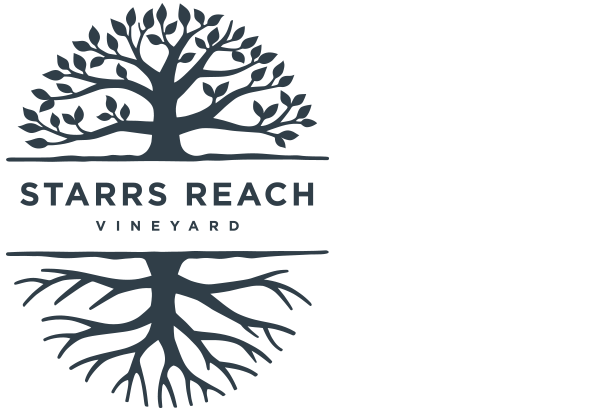LITCHFIELD VINEYARD

Our Vineyards
LITCHFIELD VINEYARD
Litchfield is located upstream of the Moorook township adjacent to the Yatco Lagoon and Murray River. Litchfield is an 85-hectare property including 29.2 hectares of wine grapes, 34 hectares of almonds and 10 hectares of heritage-listed, Mallee highland vegetation.
The wine grape varieties grown are Chardonnay, Shiraz and Cabernet Sauvignon. The New Residence slope is generally north facing and well known for the early and even ripening of fruit.
Irrigation water is currently pumped by private diversion from the Murray River and is applied to the plantings through a fully automated drip irrigation system with 24-hour scheduling capacity. The soils and topography consist of undulating sand, sandy loam to light sandy clay loam to clay loam and discrete layers of limestone in places. Crop nutrition is managed through an inline fertigation system.
The Mason Family are founding members of the Yatco Wetland Landcare Group which championed a major wetland and irrigation infrastructure project to allow the adaptive management of the third largest wetland in the South Australian Murray Darling Basin. The project showcases farmers and the environment working together to achieve healthy ecosystems alongside sustainable production systems. Reducing European Carp numbers in the wetland allows native fish species such as Murray Hardy head to repopulate while Southern Bell Frog and Black Swans are also thriving in the improved conditions.
The Litchfield property is named after our ancestor Frederick Henry Litchfield. While Fred pursued many occupations including a pastoralist at Wellington on the Lower Murray, he is most known for his expeditions to identify a potential site for the capital city of Darwin and the discovery of gold in the Northern Territory. Fred’s other passion was in experimental crops from his birthplace, Ghazipur, India. Litchfield saw great agricultural promise in the hot and arid areas of Australia where access to water existed just as we do.
A 100 Kw solar energy system has been installed as an alternative and more sustainable source of energy. It is estimated that the solar generated by the system is enough to cover 70% of electricity required to irrigate all plantings.

%20SOLAR%20PANELS.jpg?preset=grid-image-one-third__lowres&t=1613889868653)
Liquor Licence Number: 57613414
